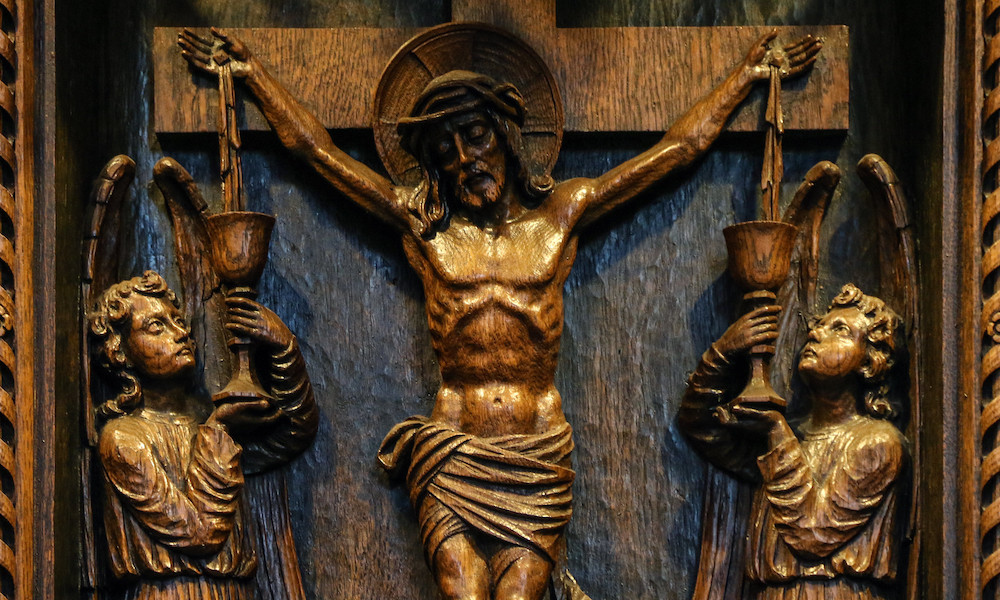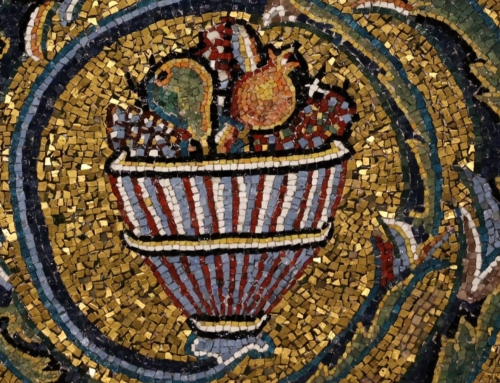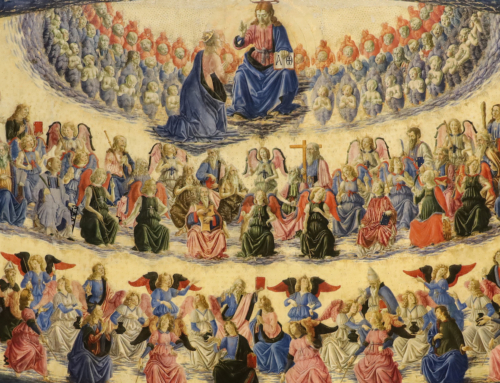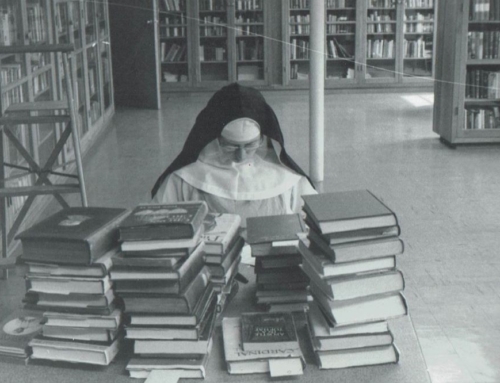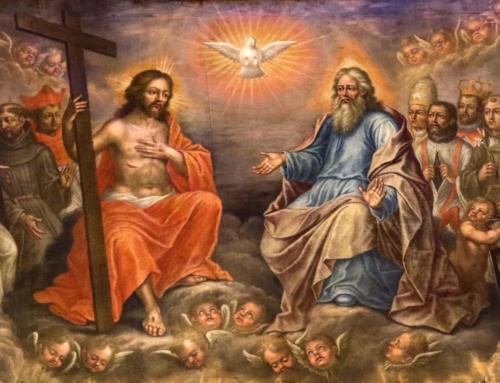Hope abounds in two groups of people: the young and the drunk. Hope, as an emotion, is a desire for a future good that is difficult to obtain. The young, since they have their whole life before them, always have the possibility of changing, of doing something new. The world is their oyster to crack. For the young, almost all goods are future goods; so their life is full of hope.
On the other hand, because of their “liquid courage,” the difficulties that rise before the inebriate seem inconsequential. And so he pursues a difficult good in a way that appears fearless and bold—he has great hope of attaining the prize because he obviously is the most skilled in the room. Setting aside the fact that the truly virtuous man would not need liquid courage to be courageous (since the virtuous man acts with fortitude in a way that is prompt, joyful, and easy), there is a truth contained in the drunkard’s hope—his focus on the good and inadvertence to the difficulty can provide just the impulsion needed to achieve some (crazy) good.
Even though some form of hope exists in these two groups, the hope of the young and drunk is not truly virtuous. The hope of the inebriate stems not from a courageous response to a true recognition of difficulty, but rather from recklessness. In a similar way, due to their lack of experience the young are sometimes full of an unreasonable hope. Often enough, they do not have memories of failure to properly guide their decision making, so they don’t truly recognize how difficult a project is.
So, it seems that even the young and drunk are without true hope. Even so, the type of hope they have gives us insight into true and grounded hope—theological hope. We can recognize two correct aspects of their hopefulness: the young remind us of the possibility of a future life, while the drunk illustrate the importance of the true wine that gives joy to a man’s heart.
There’s a line from the Anima Christi that answers our search for lasting hope: “Blood of Christ inebriate me.” The precious blood of Christ inebriates us, gives us true refreshment, and draws our minds to the goodness of God. By drinking in this blood, we are made eternally, spiritually young. The future that lies ahead of us is eternal. Even when we are 90 (or older!), there is always a future in store: there is always hope.
But what of the difficulty? If hope deals with a future, difficult good, how are we to counter the difficulties of life in a way that is truly virtuous? Ultimately, we hope because God himself has promised the greatest of goods to us: God has promised us himself. “He who eats my flesh and drinks my blood has eternal life” (John 6:54). And so no matter what difficulties come our way, we always face them with a recognition that God is our final good who has promised himself to us.
✠
Photo by Lawrence Lew, O.P. (used with permission)

